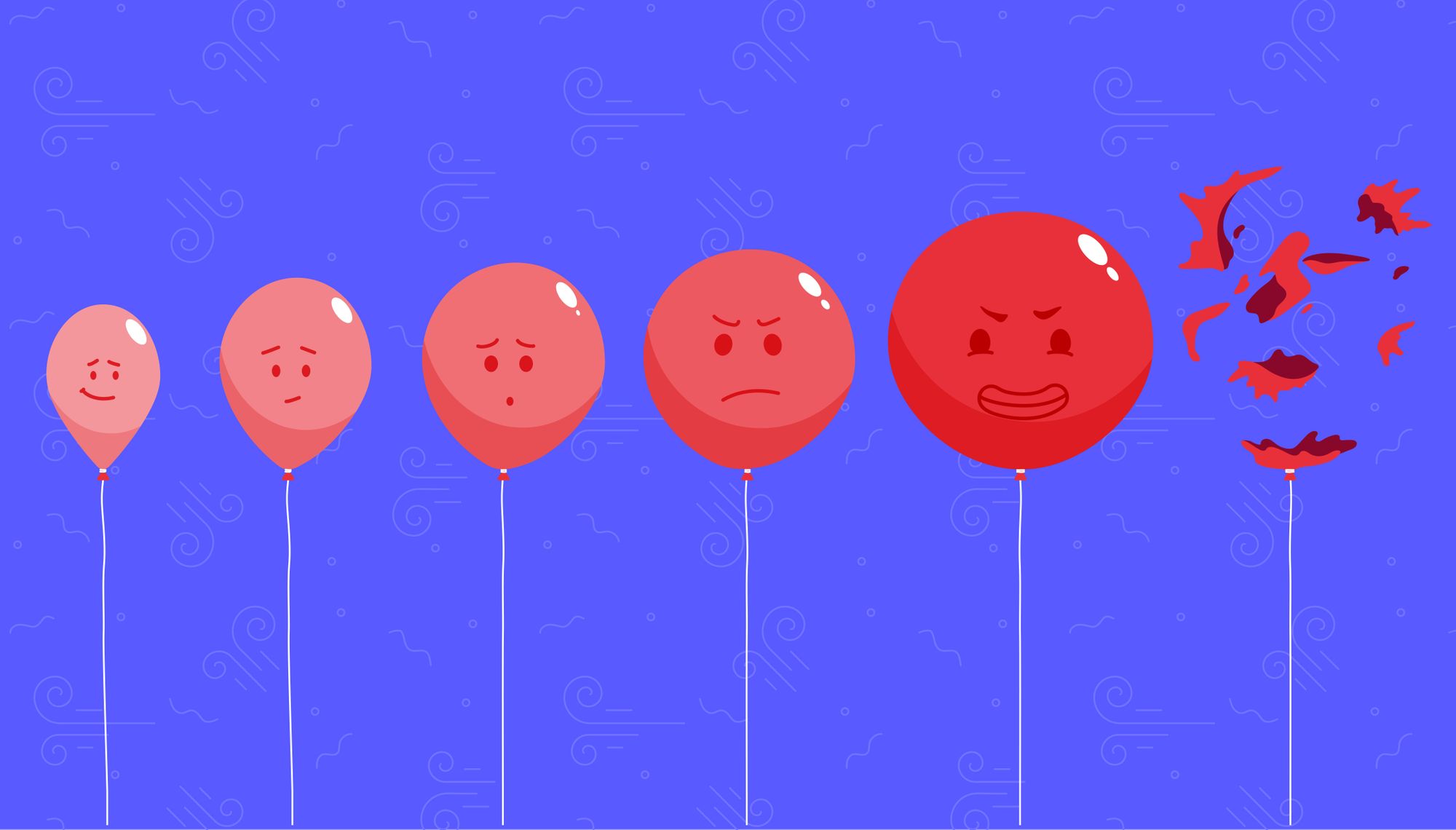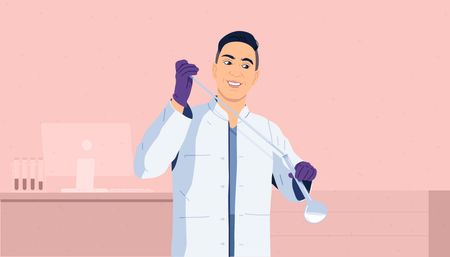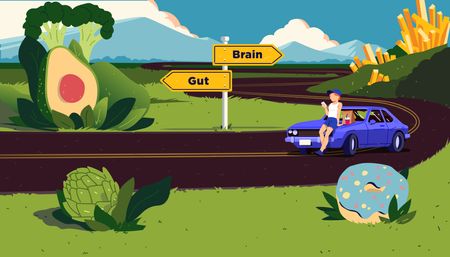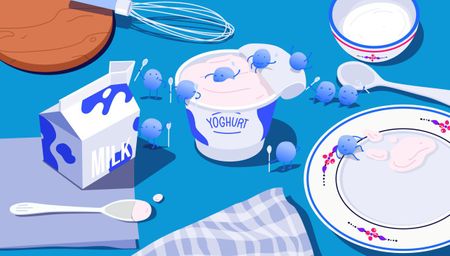Welcome to our Beat The Bloat series that explores all the common causes of bloating and what you can do to ease that poo!
This week we’re going to explore how alcohol, air travel and constipation can make you feel too big for your skin and how to solve it.
Bloating is an umbrella term for an affliction that we all suffer from upon occasion. When doctors talk about bloating, they are often referring to gassiness and feeling full around the waist. If there is measurable swelling, it is called abdominal distension.
In some cases, you might be notice bloating because your wedding ring sits too tight on your finger or your clothes feel just a smidge smaller than they were yesterday. In which case, you might say you feel bloated, but it might actually be fluid retention.
Alcohol: breaking the seal
This is why you pee more when you drink. The next day, you experience fluid retention because your organs and tissues to hoard water that is vital to the body’s metabolic processes. So it’s probably not your imagination if you are tempted to hide your hungover face behind sunglasses, because your face is puffier.
Booze also irritates the digestive tract and alters the activity of your stomach and small intestine muscles, which explains why you might be feeling a bit pooped the next day.
Drinks with lower alcohol content like wine and beer can stimulate transit to get rid of the metabolites and toxins produced by the breakdown of alcohol in the liver. This can contribute to traumatic toilet events the next day.
In addition to that, it has been shown that consuming large quantities of alcohol on a regular basis damages the liver, but also to many digestive processes, including immune function and the integrity of the gut lining.
In fact, chronic drinking can modify the gut microbiome, causing dysbiosis: disturbances in the composition of your gut bacteria linked to health risks that we will discuss further down.
☝️ Beat the bloat. Drink in moderation, avoid binge drinking and make sure to get plenty of water, not fizzy drinks, both while you are consuming alcohol and the next day. Stay away from caffeine, a diuretic that can compound the dehydration caused by drinking. If you are concerned about your drinking habits or symptoms associated with drinking, consult your GP.
Air travel: it’s not just jetlag
Even though cabins are pressurised, it is not to the extent that you experience on the ground at sea level. According the World Health Organisation, sitting in a plane flying at typical cruising altitude is equivalent to being outside on a mountain at an altitude of 1,800–2,400 m (6,000–8,000 feet).
Your body naturally contains gases, not just the ones that leave through the back door. When air pressure is decreased, the gases expand, causing bloating. This increases the pressure from gases in your gut, leading to widespread crop dusting among plane passengers and those inevitable wafting odours.
To add insult to olfactory injury, when the body’s internal gases expand, they attract fluid into these spaces, causing fluid retention. At the same time, cabin air is dry and it dries out your nasal passages, throat and mouth, prompting you to drink more.
Air travel can pose significant health risk in the late stages of pregnancy and for those who have had cardiovascular events like stroke and heart attack. Consult the NHS Fit For Travel page to learn more about medical conditions unsuitable for flying.
☝️ Beat the bloat. Get up and move around as frequently as possible to encourage blood flow. Avoid caffeinated beverages as well as alcohol and make sure to drink plenty of water. Don’t take the travelator when you get off the plane, walk to passport control to get your body moving again.
Constipation: it’s a chronic problem
Elements of the so-called “Western” lifestyle, like diet and sedentary living, are associated with constipation. Diets with a lot of processed foods are low in fibre, an important feature because it helps poop travel through the digestive tract, by adding bulk and increasing viscosity. On top of that, the lack of physical exercise also compounds the problem.
Activity increases your metabolic rate, which decreases the time your body needs to process and break down the food that you goes in your mouth. If you don’t get enough exercise, food spends more time inside you. But when you digest, your gut absorbs the liquid from your stool, and the longer it sits inside you, the more water is absorbed, and therefore the harder it is poop.
There are a number of other causes like irritable bowel syndrome, a condition that affects 10–20% of the UK population at any time. For example, some medications have dehydration as a side effect, which can lead to constipation.
In any case, chronic constipation is considered serious problem and it significantly increases the risk of developing colorectal cancer.
☝️ Beat the bloat. Make room for a brisk 30-minute walk every day at lunch time, before you dig into a meal with good sources of dietary fibre from vegetables, fruit, legumes and whole grains. Don’t forget to drink plenty of water and remember to consult your GP if you suffer from regular constipation or are experiencing acute digestive distress.
Next time on Beat the Bloat
- Brian E. Lacy et al., Pathophysiology, Evaluation, and Treatment of Bloating
- Rome Foundation, Bloating and Distention: What’s the Difference?
- F. Bishehsari, M.D., Ph.D., E Magno, M.D. et al., Alcohol and Gut-Derived Inflammation, 2017
- PA Engen et al.,The Gastrointestinal Microbiome: Alcohol Effects on the Composition of Intestinal Microbiota, 2015
- C Bode Ph.D and JC M.D., Alcohol’s Role in Gastrointestinal Tract Disorders
- S Grad et. al., The Effect of Alcohol on Gastrointestinal Motility
- World Health Organisation, Cabin Air Pressure
- Constipation diagnosis, NICE Clinical Knowledge Summaries
- American Gastroenterological Association medical position statement: Guidelines on constipation
- A Sonnenburg and AD Mueller, Constipation and cathartics as risk factors of colorectal cancer: a meta-analysis




















